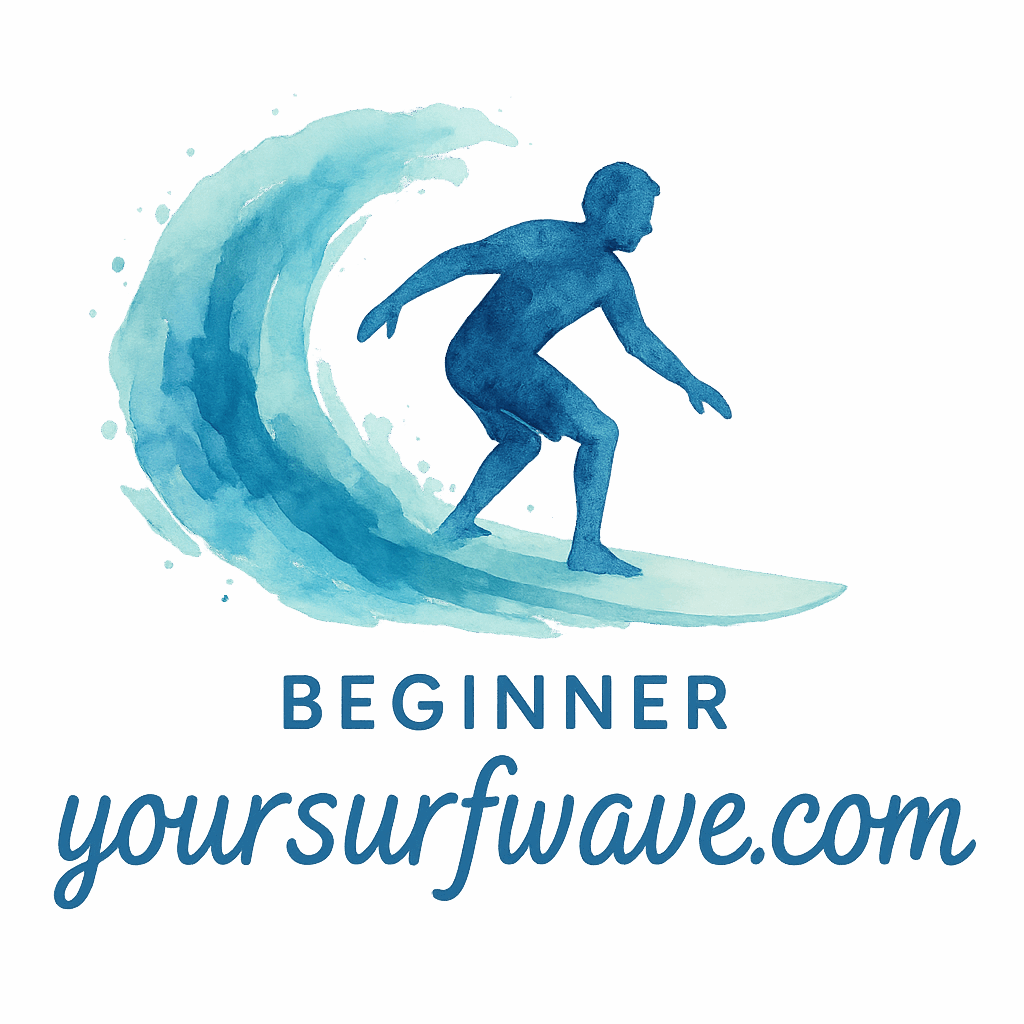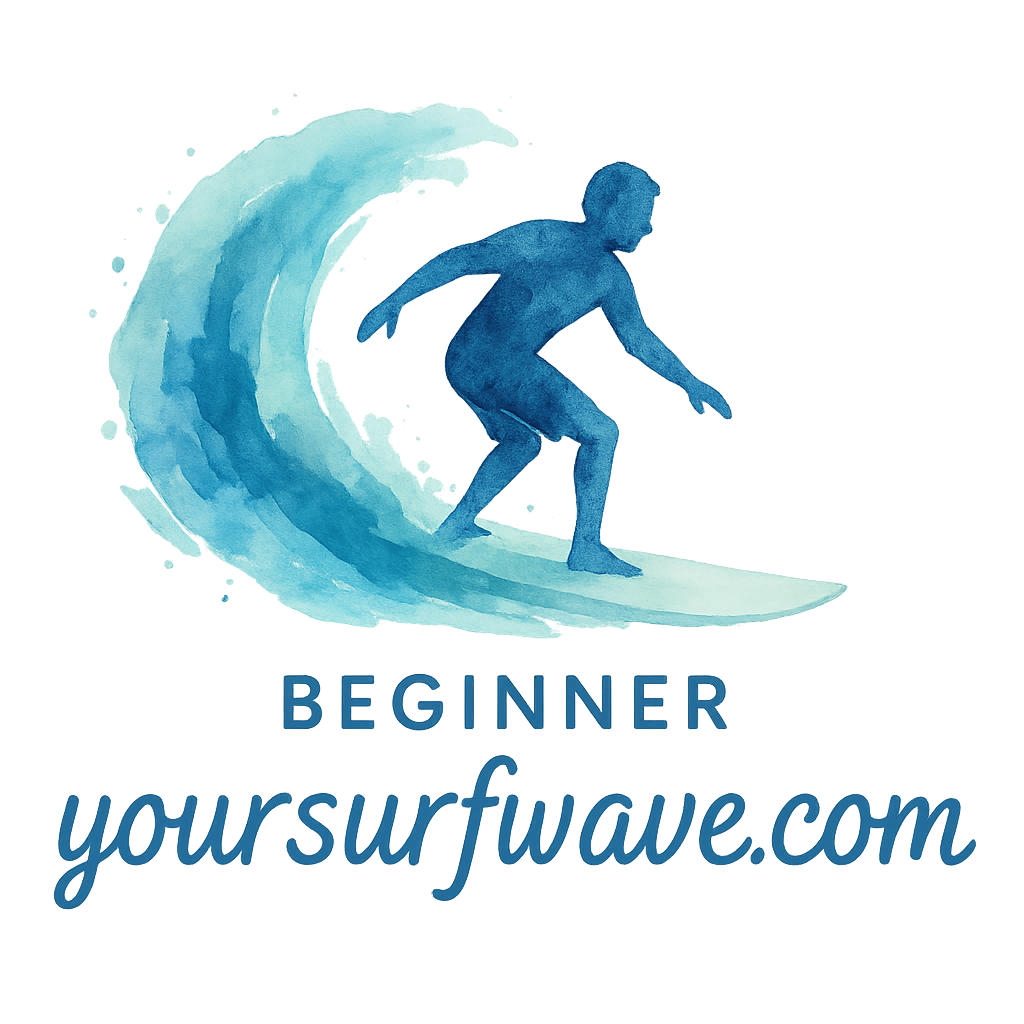Surfing is more than just riding waves—it’s about preparation, endurance, and lifestyle. One of the most overlooked parts of surf training is nutrition. You can train for balance, stamina, and strength all day, but if you’re not fueling your body the right way, your performance will always fall short.
In this guide, we’ll dive into 7 at-home surf training nutrition tips for surfers that can transform the way you train, recover, and ride. Along the way, you’ll find useful resources from our site on surf fitness, beginner tips, and gear that all tie together for a complete surfer’s lifestyle.
Why Nutrition Matters in Surf Training
Fueling Energy for Waves
Surfing demands explosive paddling, quick reflexes, and long bursts of energy. Without the right fuel, your body hits the wall. A strong diet keeps you powered during both at-home surf workouts and long sessions in the water.
Balancing Recovery and Performance
Food isn’t just fuel—it’s recovery. Training at home, like practicing surf balance drills or HIIT circuits, puts stress on muscles. Without protein and recovery foods, you’ll face fatigue and increase your risk of injury.
Understanding the Surfer’s Diet
Macronutrients Breakdown
Carbohydrates for Endurance
Carbs are your quick-access energy source. Before surf training, load up on oats, brown rice, or fruit. This mirrors the same strategy we recommend in our beginner surf tips section—start simple, fuel consistently.
Proteins for Muscle Recovery
Protein rebuilds what surfing breaks down. Lean meats, beans, or tofu support muscle growth after training. You’ll notice the same advice in our surf fitness guides—protein equals faster progress.

Healthy Fats for Long-lasting Energy
Healthy fats like avocado, chia seeds, and salmon give you steady energy. They’re essential for surf lifestyle health and long-lasting stamina.
Micronutrients That Boost Surfing
Don’t ignore vitamins and minerals. Magnesium, potassium, and vitamin D help with muscle recovery and mental focus. For a deeper look at the link between nutrients and mental health, check out surfing therapy benefits.
Nutrition Tip #1: Start Your Day with a Surfer’s Breakfast
Energizing Meal Ideas Before Training
Your morning fuel sets the tone. Try oatmeal with bananas, Greek yogurt with berries, or avocado toast with eggs. These meals are easy, quick, and power you through early surf sessions. For more inspiration, see our surf wellness tips.
Nutrition Tip #2: Stay Hydrated Like a Pro
Electrolytes and Surf Performance
Hydration is more than water—it’s about balance. Long sessions make you lose electrolytes, which can tank your energy. Coconut water or electrolyte-infused drinks restore balance. Our indoor exercise nutrition tips also stress hydration as key for home training.
Nutrition Tip #3: Eat Balanced Pre-Workout Snacks
Timing and Portion Control
Eat 30–60 minutes before training to avoid bloating but stay energized. Snacks like bananas with almond butter, rice cakes with hummus, or smoothies give clean energy. Want more training advice? Pair snacks with surf HIIT routines for maximum benefit.
Nutrition Tip #4: Focus on Recovery Meals After Training
Best Post-surf Foods for Muscle Repair
After a tough session, your body craves nutrients. Aim for protein and carbs—chicken with sweet potatoes, salmon with quinoa, or a spinach-protein smoothie. This ties directly into surf fitness recovery—fuel now, surf harder tomorrow.
Nutrition Tip #5: Incorporate Superfoods into Your Diet
Ocean-Friendly and Sustainable Superfoods
Surfers connect with the ocean, so it makes sense to eat ocean-friendly. Superfoods like spirulina, seaweed, and chia seeds pack nutrients while staying eco-conscious. We highlight these in our surf benefits guide as foods that work with your lifestyle, not against it.
Nutrition Tip #6: Plan for Long Surf Sessions
Portable Energy Foods for Surfers
If you’re out training all day, portable fuel is a must. Trail mix, oat bars, or dried fruit are quick and easy. This is especially helpful when you’re exploring new surf destinations and don’t know when your next meal is coming.
Nutrition Tip #7: Align Diet with Mental Health
Food’s Role in Reducing Surfing Anxiety
Nutrition impacts the mind as much as the body. Omega-3s, dark chocolate, and whole grains reduce anxiety and sharpen focus. To learn more about this powerful connection, check out our mental health and surfing articles.
Common Mistakes Surfers Make with Nutrition
Skipping Meals Before Training
Training on an empty stomach drains your stamina. Skipping meals can lead to weaker paddling, slower recovery, and even dizziness. Our surf basics section emphasizes consistency as a golden rule.
Relying Too Much on Processed Snacks
Energy drinks and chips seem quick, but they lead to crashes. Whole foods always outperform processed snacks. See our surf gear tips—just like investing in good equipment, investing in good food pays off.
At-home Surf Training and Nutrition Synergy
Blending Workouts and Diet for Peak Performance
Training and diet go hand-in-hand. At-home surf balance drills, HIIT, and mobility training work best when fueled properly. Think of food as the wax on your surfboard—it makes everything flow smoother. Want to create your own program? Start with our learn to surf resources.
Practical Meal Prep Tips for Surfers
Weekly Surf Nutrition Plan Example
Here’s a sample plan for the busy surfer:
- Breakfasts: Oats with fruit, protein smoothies, eggs on toast
- Snacks: Fruit with nut butter, trail mix, chia pudding
- Lunches: Protein bowls, fish tacos, stir-fried veggies
- Dinners: Lentil curry, baked salmon, chicken with sweet potatoes
- Post-training: Smoothies or quick protein bites
Meal prepping helps avoid unhealthy choices. For practical guides on structuring your week, check our surf lifestyle tips.
Conclusion
Surfing isn’t just about strength and balance—it’s about living the lifestyle from training to diet. These 7 at-home surf training nutrition tips for surfers are your roadmap to higher energy, faster recovery, and better performance. Remember, your body is your board—fuel it right, and it will carry you to your best waves yet.
FAQs
Q1: What should surfers eat before at-home training?
A carb-rich snack like oatmeal or bananas with nut butter. See our beginner tips for more ideas.
Q2: How important is hydration for surfers?
It’s crucial—hydration prevents cramps and fatigue. Our indoor training articles highlight hydration as essential.
Q3: Are supplements necessary for surfers?
Not always. But omega-3s and vitamin D can help. Learn more in our surf wellness section.
Q4: What’s the best post-surf recovery meal?
A mix of lean protein and complex carbs—like salmon with quinoa. More examples in surf fitness recovery.
Q5: Can surfers thrive on a vegan diet?
Yes—with beans, tofu, lentils, and seaweed. See our surf lifestyle nutrition tips.
Q6: How can surfers avoid energy crashes?
Stick to whole foods, not processed sugar. Learn from our surf basics guide.
Q7: Does nutrition affect mental health in surfing?
Absolutely—omega-3s, magnesium, and whole grains help. We explore this in our surfing therapy resources.


